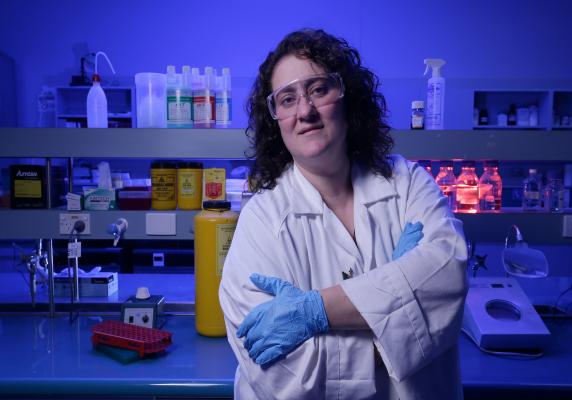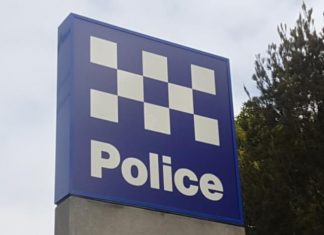Goya Dmytryshchak
In a modest laboratory at Victoria University, an elite biomedical research team led by Vasso Apostolopoulos has spent most of the year working on repurposing and designing new anti-SARS-CoV-2 drugs as well as vaccines to fight COVID-19.
Professor Apostolopoulos and her team already have an impressive track record working on potential vaccines, or immune modulators, against breast cancer, ovarian cancer, multiple sclerosis, juvenile diabetes and methamphetamine addiction. She had also worked on infectious diseases including SARS-CoV (2002-2004 epidemic).
It comes as the federal government last week cancelled a deal to buy 51 million doses of a potential coronavirus vaccine being developed by The University of Queensland.
UQ on Friday said that following consultation with the Australian government, CSL would not continue the trial after the vaccine generated antibodies leading to “false-positive” HIV test results.
“Despite the vaccine eliciting strong immune responses towards the virus and so far it proved to be safe, the way the vaccine was made included a small fragment of a HIV protein which is used to stabilise, or hold together, the vaccine,” Professor Apostolopoulos said.
“The vaccine generated responses in human participants to the SARS-CoV-2 virus fragment but also against the small HIV fragment, which interfered with HIV tests.
“As a result, this would either require changing the well-established tests of HIV or the vaccine.”
Professor Apostolopoulos said she was using a different approach.
“At Victoria University, we are using a completely different method, which does not entail any small fragment components of other proteins,” she said.
“In fact, the vaccines are synthetic with safety profiles known.
“There are about 30 vaccines in human clinical trials, and another 200 in the pipeline ready to be tested in humans, in the hope a few would show efficacy.
“Until long term safety and efficacy studies are completed for any vaccine, something that could take another two to five years, our best solutions are in developing drugs against the SARS-CoV-2 virus.
“At Victoria University we have screened several million drugs and have a list of potential drugs requiring human clinical testing, provided funds are received.”
Professor Apostolopoulos’ work has been supported by a special research allocation from VU.
She and her team are seeking public support to fast-track the research from the laboratory to human trials.
Details: www.vu.edu.au/donate-to-victoria-university/give-today/covid-19-vaccine-appeal








